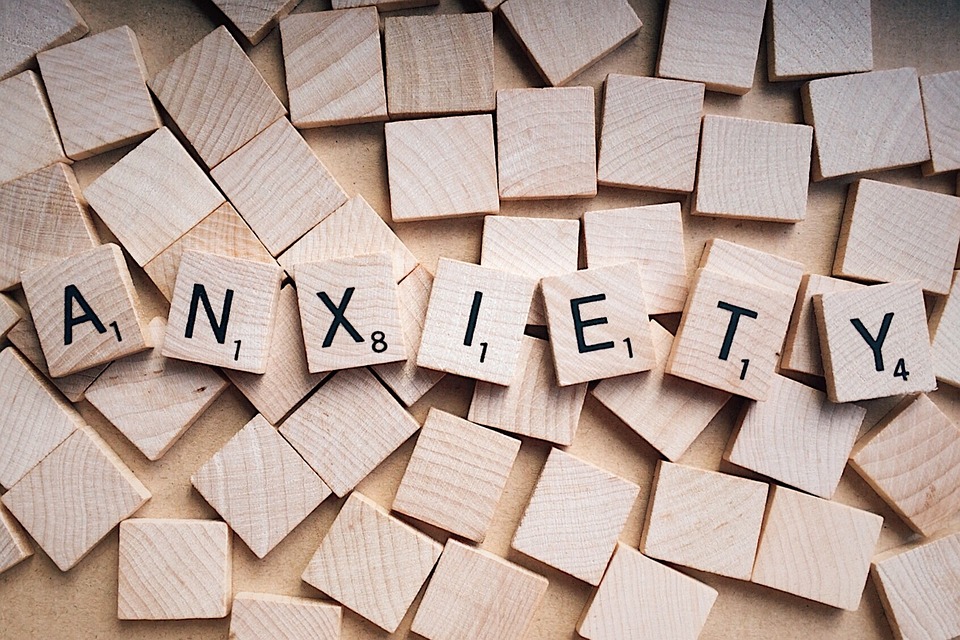
The Many Facets of Anxiety: How It Manifests as Irritability or Anger and Managing Them for a Happier, Serene Life
Anxiety is a complex and often misunderstood emotion. While most people associate it with worry, panic attacks, or restlessness, anxiety can also wear the mask of irritability or even anger. This disguised form can wreak havoc on our relationships, peace of mind, and overall well-being if not properly understood and managed.
Let’s dive into how anxiety shows up in unexpected ways, why it morphs into irritability or anger, and how we can address it for a more balanced, joyful life.
Understanding the Nature of Anxiety
Anxiety is the body’s response to perceived danger or stress. It triggers the “fight, flight, or freeze” response and prepares us to react. While this mechanism is essential for survival, it becomes problematic when overactivated by everyday stressors—deadlines, relationships, finances, health concerns.
When anxiety becomes chronic, it stops being helpful and starts manifesting in less obvious, but equally destructive ways.
Why Anxiety Turns into Irritability or Anger
Though they seem like separate emotions, anxiety and anger are closely linked:
- Overstimulation: When your brain is in constant overdrive from worry or hypervigilance, you’re more likely to become frustrated or overwhelmed quickly.
- Perceived Threats: Anxiety can cause you to interpret neutral events as threats. This leads to a defensive, sometimes aggressive reaction.
- Lack of Control: Feeling out of control is deeply unsettling. That discomfort can easily morph into anger, especially when we feel helpless.
- Bottled-up Emotions: When anxiety is suppressed, it can come out sideways—as sarcasm, short-temperedness, or even rage.
In truth, many people who seem “angry” are often silently struggling with underlying anxiety.
How to Recognize the Signs
You might be experiencing anxiety-related irritability or anger if you:
- Feel unusually impatient or snap at others over minor issues
- Notice a short fuse in stressful situations
- Experience muscle tension, headaches, or clenched jaws
- Constantly feel “on edge” or overly alert
- Regret reactions that felt disproportionate afterward
Acknowledging these patterns is the first step toward regaining inner calm.
Strategies for Managing Anxiety-Driven Irritability and Anger
- Pause and Breathe
Deep breathing activates the parasympathetic nervous system, calming your fight-or-flight response. Practice box breathing: inhale for 4 seconds, hold for 4, exhale for 4, and hold for 4 again.
- Identify Triggers
Journaling or reflecting on moments when you felt irritable can help pinpoint recurring triggers. Is it work-related? A particular person? Lack of sleep?
- Reframe Your Thoughts
Anxiety often stems from distorted thinking. Catch yourself in moments of catastrophizing or assuming the worst. Replace fear-driven thoughts with balanced, empowering ones.
- Use Physical Activity as an Outlet
Movement releases pent-up energy and boosts feel-good endorphins. Even a brisk walk can dissipate rising frustration.
- Practice Mindfulness and Meditation
These tools train your mind to stay present, reducing rumination and reactivity. Over time, they build emotional resilience.
- Communicate Openly
Let others know what you’re experiencing. Saying, “I’m feeling overwhelmed, I need a moment,” is far healthier than letting tension explode later.
- Seek Professional Support
Therapy—especially cognitive behavioral therapy (CBT)—can be transformative in understanding and reshaping anxiety’s impact on your emotional responses.
Living a More Serene Life
Healing from anxiety-induced irritability is not about becoming emotionless; it’s about gaining mastery over your responses. When you understand the roots of your reactions, you stop being ruled by them. You move from reactive to responsive, from chaotic to centered.
Imagine waking up not bracing for the day, but embracing it. Imagine conversations filled with patience instead of tension. That serenity isn’t just a dream—it’s a skill. And like all skills, it grows with intention and practice.
Mother nature of anxiety: From Storm to Stillness
Anxiety is not your enemy. It’s a messenger—alerting you to unresolved fears, unmet needs, or unsustainable stress levels. When we listen with compassion, not judgment, we can transform our anxiety from a source of pain into a catalyst for growth.
Let every day be a chance to pause, breathe, and choose peace over panic, understanding over outbursts, and joy over fear.
Because within every anxious heartbeat lies the quiet potential for a calm, powerful, and radiant life.
Concluding words of wisdom: “You’re not broken—you’re becoming. And every moment of awareness is a step closer to the peace you deserve.”

dr.dan
Related Posts
The Many Facets of Anxiety: How It Manifests as Irritability or Anger and Managing Them for a Happier, Serene Life
Anxiety is a complex and often misunderstood emotion. While most people...
The Art of the Off Switch: Why Work-Life Balance Is Your Health Plan in Disguise
The hustle has never been louder. Somewhere between back-to-back meetings,...
The Magic of Loyalty and Faithfulness: Why Trust Needs Constant Nurturing in Long-Term Relationships
In the symphony of love, trust is the steady rhythm that keeps everything...
Powerful benefits on pre-marital counseling: What can it teach you about your existing relationship and its potential success or failure long term: Being proactive can save you from heartache and financial ruins.
Marriage is one of life’s biggest commitments, yet many couples enter it...




